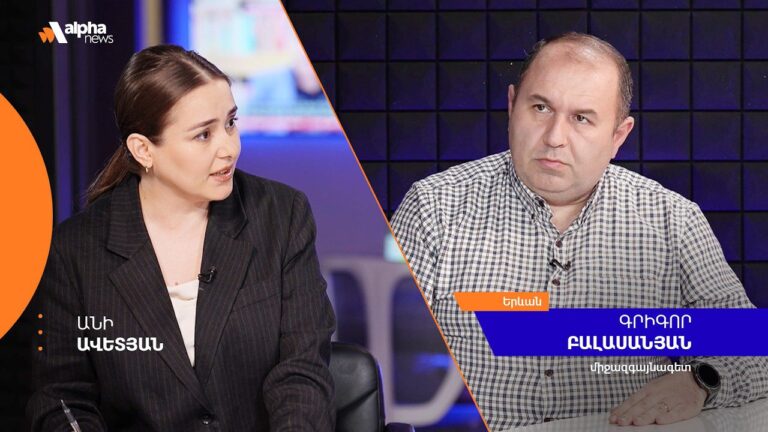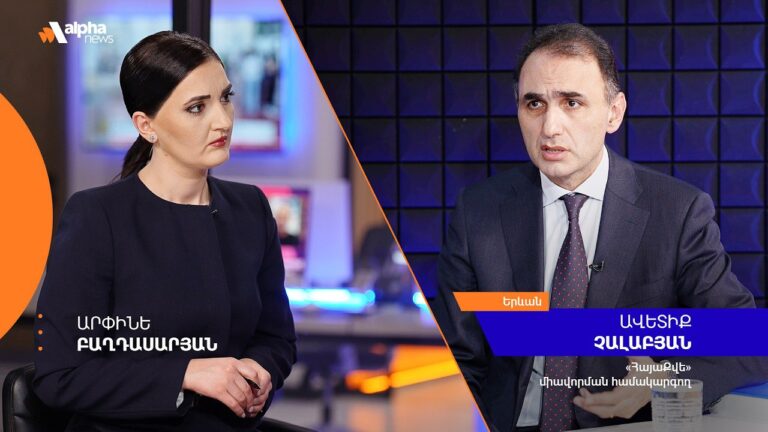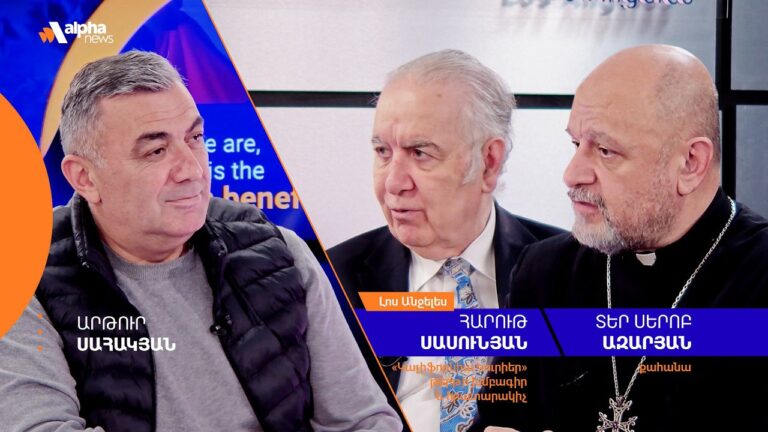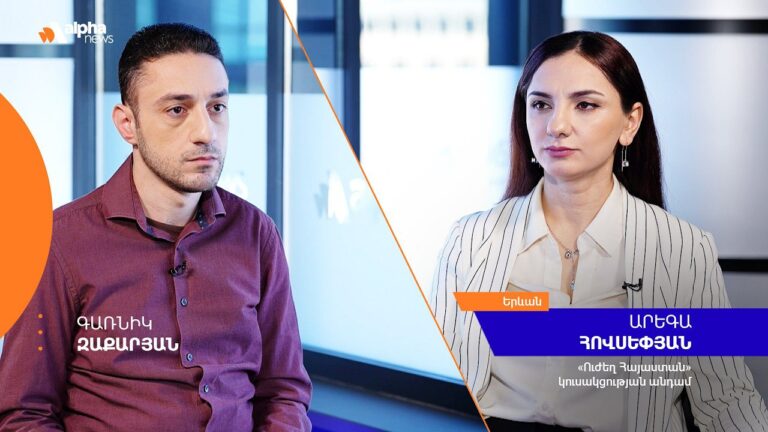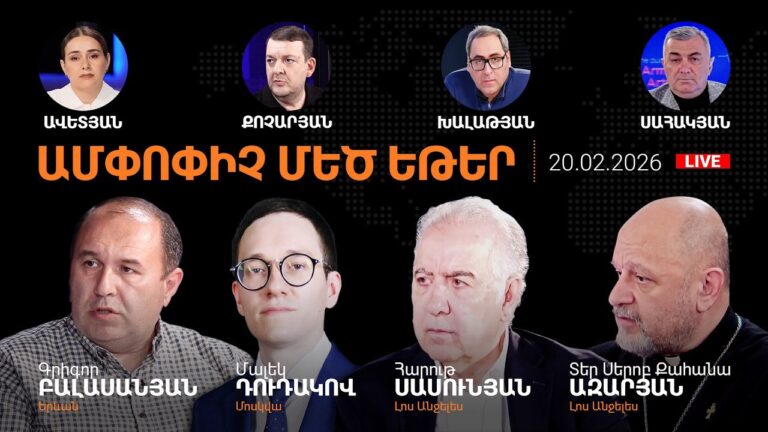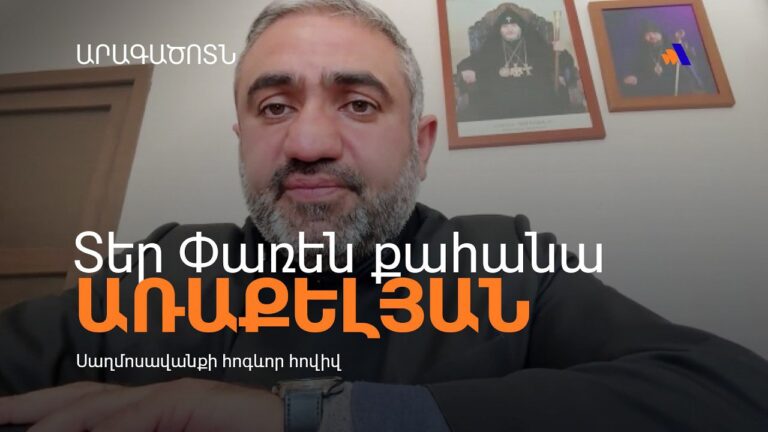To leave or not to leave Armenia’s signature on the November 9th declaration, that’s the question
September 13 2024, 12:30
On September 11, with his speech in the National Assembly of the Republic of Armenia, Nikol Pashinyan confirmed the correctness of our analysis: the ruling power group in Armenia is thinking about the complete destruction of the Armenian security system, that is, the withdrawal of Russian border guards from the Armenian-Iranian and Armenian-Turkish borders. Moreover, the statement about the potential withdrawal of the Russian border troops was made in the context of the analysis of the November 9th, 2020 declaration, which was arranged in Parliament by the leader of the Civil Contract party.
Pashinyan also read the following excerpt from the November 9th statement and commented on it along the way. “’Control over transport communication shall be exercised by the Border Guard Service bodies of the FSS of Russia.’ Where does it say that these Border Guard Service bodies of the FSS should be present on the spot? Nothing is written about this. Even if we take into account the presence of Russian border guards in Armenia, this presence in our country is contractual; it is up to the Republic of Armenia. Today Yerevan has decided that they should be present; tomorrow it may decide that they should not,” he said.
Let’s leave aside the fact that even from the interstate agreement between Yerevan and Moscow it becomes clear that the document affects not only the interests of Armenia and Russia but also the legal relations that took place between the USSR, Turkey, and Iran, plus the interests of the collective security of the CIS (Article 3 of the treaty), so Pashinyan alone will not be able to make any decision, and let’s reveal the political component of this statement.
Nikol Pashinyan is playing a very dangerous game for Armenia’s security. Stating (probably not without the consent and approval of Western partners) about the potential withdrawal of the Russian border guards from the Armenian-Iranian and Armenian-Turkish borders, Pashinyan declares his readiness to destroy Armenia’s security system, just not to give Russia the opportunity to have its border guards on the territory of Armenia.
In terms of the threat to Armenia’s national security, this initiative of Pashinyan and his Western partners is comparable only to Pashinyan’s initiative to “lower the bar of expectations for the status of Artsakh,” which led to the dissolution of the second Armenian statehood, which in turn put Armenia on the brink of a new war.
After the above-mentioned statement by Nikol Pashinyan, calls to withdraw the Armenian signature under the November 9th, 2020 document began to sound louder in the political and expert environment of Armenia. But does anyone say what it will lead to?
Revoking Armenia’s signature will give Azerbaijan carte blanche for a new military aggression against Armenia (And why do you think Baku is constantly spreading misinformation about tensions on the border of the two states, especially the Nakhichevan zone? Azerbaijan is preparing for such a scenario). Baku will announce that Armenia refuses to implement its obligations to unblock communications, which in turn means that Baku may reserve the right to “solve the problem in another way.”
For this reason, Pashinyan decided to go a different way: just to sabotage the November 9th declaration and even to withdraw the Russian border guards, just not to give Russia the opportunity to control the communications.
The experience of the past six years proves that the idea of pushing Russia out of the region dominates the agenda of Pashinyan and his Western colleagues so much that if at some point it is not possible to avoid fulfilling obligations by simply sabotaging the declaration, Pashinyan will revoke his signature.
He would have done this earlier; however, apparently, he has not yet received guarantees of personal security or guarantees of the reproduction of personal power in case a new war begins, already on the territory of Armenia.
Both the withdrawal of the signature and its preservation do not guarantee peace to Armenia. Peace could have come, Artsakh could have remained Armenian if the document of November 9th had been implemented. However, based on the interests of his partners and his personal conviction of the need to push Russia out of the region, Pashinyan first surrendered Artsakh and now put Armenia at risk.
Unfortunately, a significant part of the Armenian political field did not understand and does not understand that it was possible to preserve the Armenian statehood only if the agreements of November 9th were implemented… They did not understand it before. They do not understand it now. Even the language of describing peace has remained at the level of the realities preceding not even November 9th, but September 27th, 2020…
Think about it…

